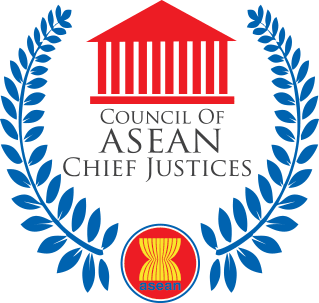Business plan
To better facilitate and speed up the discussion with Singapore Government, it is recommended to prepare a business plan. The business plan should include a summary of what your business is about, your manpower needs, overheads (e.g. water and energy needs), land requirements, as well as your growth and sustainability plans for the next 3 years. Your business plan should include the following details:
Assistance required
– A short paragraph or list of areas that you are seeking assistance from the government.
Corporate profile and industry overview
– Parent company, including country of incorporation, and key financial figures at the group level
– Corporate business model/activities, strategy and worldwide presence
– Key products and services
– Target market in terms of customers, market segment and geographical coverage
– Competitor companies
– Trends and outlook for the industry segments that the company is operating in
Singapore operations
– Business goals and strategies
– Business model and activities
New project implementation (where applicable)
– Estimated business expenses for the new project or local entity in Singapore over
– Key milestones and the completion dates for new or expansion projects, such as:
- Building or site acquired
- Recruitment of manpower
- Building construction started/completed
- Machinery installation started/completed
- Commercial production/operated started
Incentives and schemes
Foreign businesses with plans to grow through conducting high value and substantive activities in Singapore may be eligible to apply for various incentive programmes.
The current schemes and grants include:
Research Incentive Scheme for Companies (RISC)
The Research Incentive Scheme for Companies (RISC) encourages the development of research and development capabilities and technologies through the support of projects in the areas of science and technology.
Training Grant for Company (TGC)
The Training Grant for Company (TGC) encourages manpower capability development in applying new technologies, industrial skills and professional know-how through the support of training programmes for companies’ employees.
Productivity Grant (PG)
The Productivity Grant (PG) encourages firm-level projects which aim at improvements to energy, water, land or labour efficiencies through transformation efforts to enhance companies’ operations or involving adoption of technologies.
The current tax incentives available include:
Pioneer Certificate Incentive (PC) & Development and Expansion Incentive (DEI)
The Pioneer Certificate Incentive (PC) and the Development and Expansion Incentive (DEI) aim to encourage companies to grow capabilities and conduct new or expanded economic activities in Singapore. Companies that carry out global or regional headquarters (HQ) activities of managing, coordinating and controlling business activities for a group of companies may also apply for the PC or DEI for the HQ activities.
In the Singapore Budget Statement 2017, the Minister for Finance announced the introduction of the Intellectual Property Development Incentive (“IDI”) to encourage the use of intellectual property (“IP”) arising from research and development. Additionally, the scope of two existing incentives, namely the Pioneer Service Companies Incentive (“PC-S”) and the DEI will be amended to exclude IP income.
Finance & Treasury Centre (FTC) Incentive
The Finance and Treasury Centre (FTC) Incentive aims to encourage companies to grow treasury management capabilities and use Singapore as a base for conducting strategic finance and treasury management activities.
Land Intensification Allowance (LIA)
The Land Intensification Allowance (LIA) aims to promote the intensification of industrial land use towards more land-efficient and higher value-added activities.
Aircraft Leasing Scheme (ALS)
The Aircraft Leasing Scheme (ALS) aims to encourage companies to develop aircraft leasing capabilities and grow the aircraft leasing industry in Singapore.
For more information on the above schemes and grants, refer to EDB’s page here
